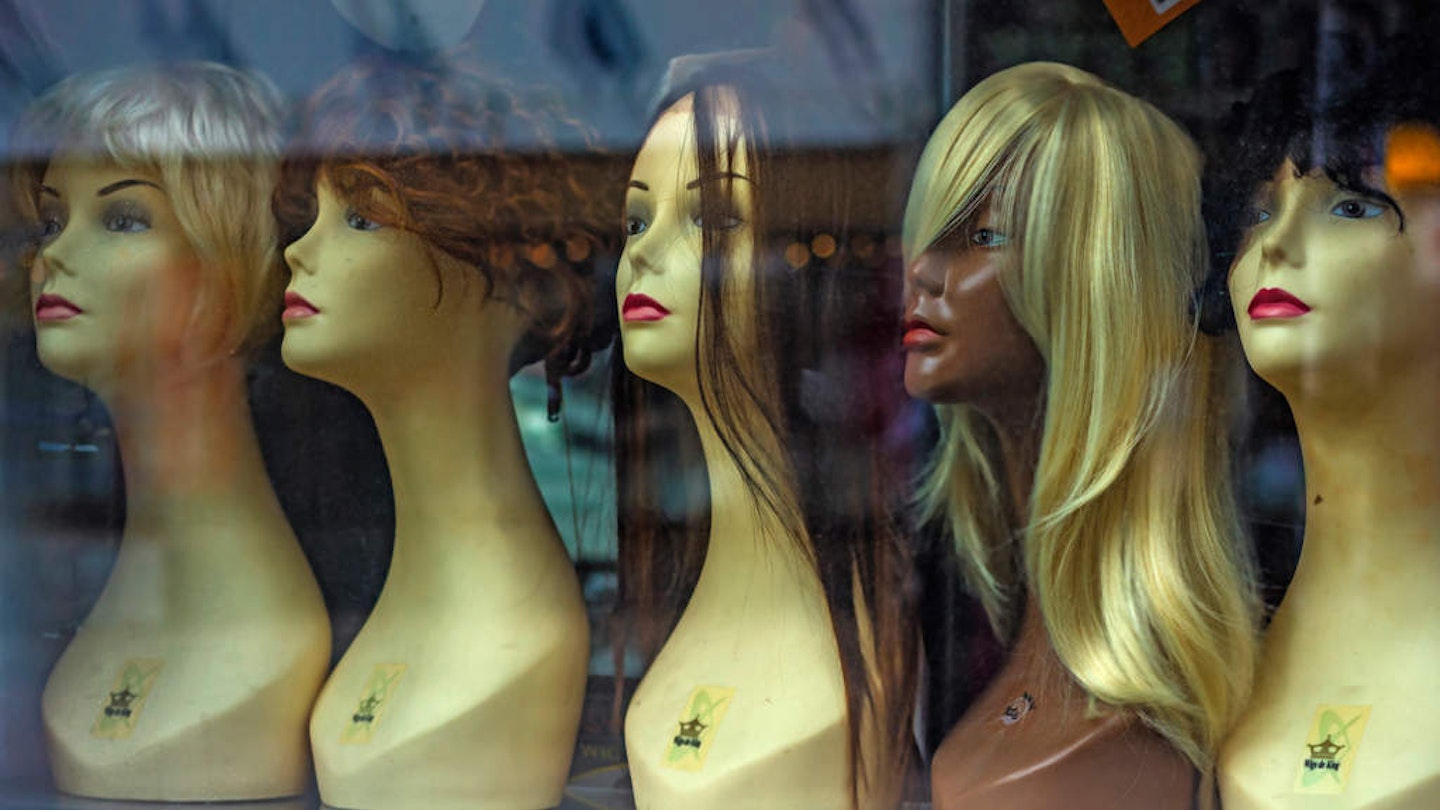Few people from the black, Asian and minority ethnic (BAME) community would be surprised by last week’s Guardian survey, which looked at the scope and impact of unconscious bias.
Sampling 1,000 people from BAME backgrounds and comparing the results to 1,797 white people, it found that over half of BAME people feel they experience racial bias. It also delved deep into how that bias manifests and what it feels like across daily interactions that non-BAME people take for granted.
A staggering 75% felt they experienced negative customer service because of being BAME; 50% felt it affected whether someone would sit next to them on public transport. The gulf is huge: 32% of BAME women feel they are treated differently for their appearance and hair, as opposed to 7% of white women. Feel like you have to work twice as hard to succeed?
Tick. Regularly mistaken for a shop assistant or shoplifter if you’re not wearing smart clothes? Tick again.
For most of us, unconscious bias is nebulous – it feels like an uncomfortable prickle. Very often it is dismissed as over- sensitivity. I’ve had online trolls take it a step further and say I should be grateful I’m living in Britain at all.
No one likes to think they are prone to unconscious bias, but there is no getting round the very real impact of it in the workplace. The BAME pay gap – ITN found a median pay gap of 20.8%, while PWC found at bonus level it is 35.4% – is shocking. And 31% of people in the survey felt they were overlooked for a promotion or job application at work because of race and ethnicity.
When such complaints are raised, people are often accused of pulling the race card. Yet it’s serious enough that the Prime Minister is looking into measures to uncover the extent of the BAME pay gap. Theresa May launched the Race at Work Charter in October to provide guidelines for businesses to create equal and fair workplaces, and the Government is now consulting on whether to make it mandatory for businesses to publish their BAME pay gap in the same way that it did for the gender pay gap earlier this year.
Aside from pay, addressing unconscious bias means a better quality of life for BAME people. Most of the time, like others, I’ve learned to dampen my ethnicity. I’m confident but not too loud, my accent alters, I wear different clothes. Called code-switching, it’s like a costume you have to wear so that other people take you seriously – and don’t feel threatened by you.
My education, accomplishments and social standing count for diddly-squat if I don’t wear this ‘costume’. Most recently, I went with a group of five brown girls on a weekend break. On my own, I almost never get stopped and searched at the airport. Funny how four of us – including me – were pulled aside to be frisked, I suspect because as a group we are seen as more threatening. The other week, I was in a business meeting with an old colleague on a conference call with his associate, Dave*. Dave – who I’d never met before – enthusiastically told me that he enjoyed an interview I did at an event. My colleague and I went really quiet – Dave had confused me with the only other South Asian person in my team, someone who has a different name, skin colour and job title to me.
While The Guardian survey sampled only a small number of people, it gave weight to something we have been made to feel paranoid about for far too long. A serious strategy to tackle it is long overdue.
